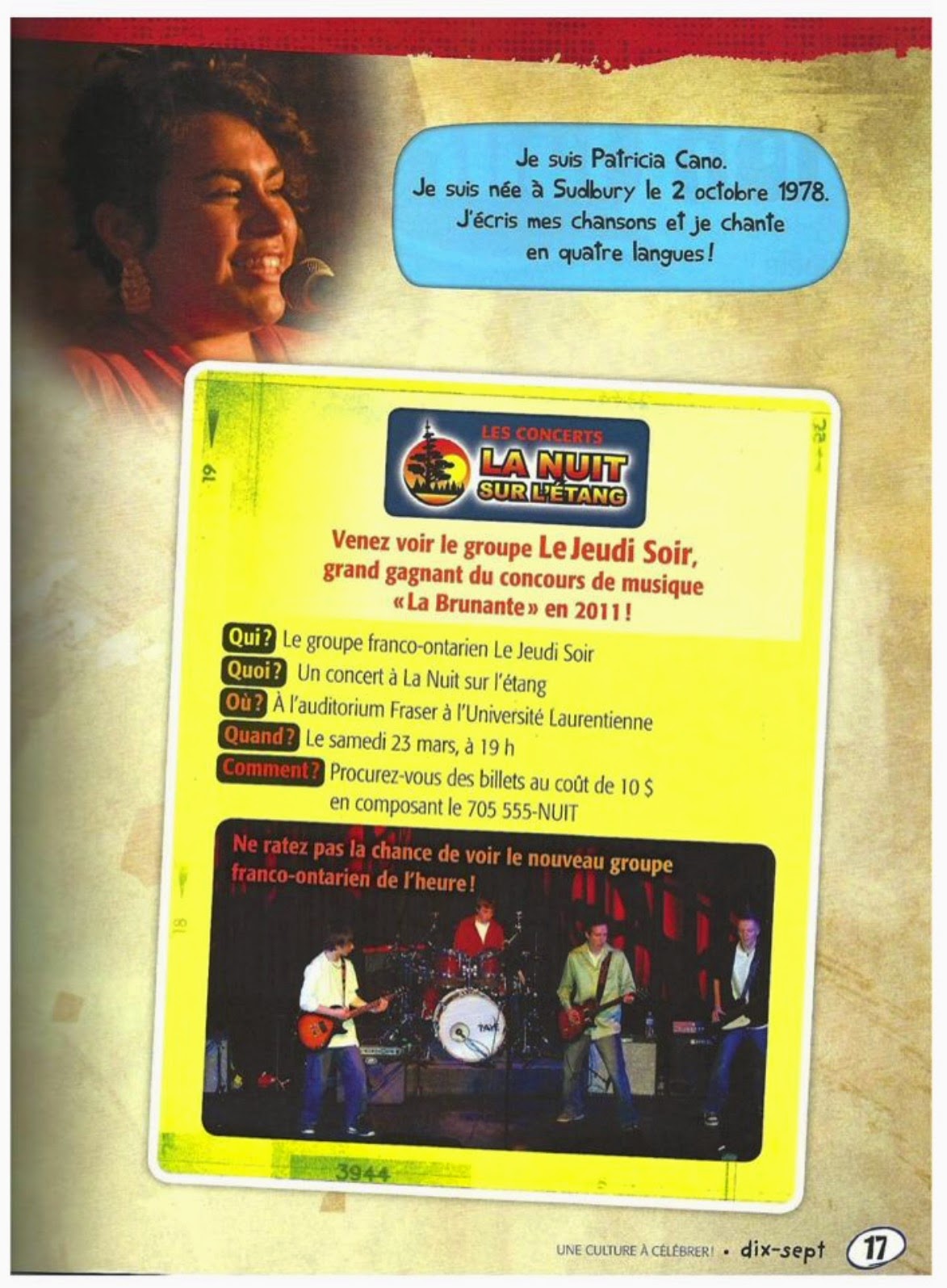I have been doing an online course about how we need to change how math is taught in schools. There has been a lot of focus on changing Fixed Mindsets to Growth Mindsets, encouraging mistakes and enabling students to take risks and be persistent.
Knowledge is important, but what we need to know always changing and is learned from books. Being persistent is a trait that is extremely important later on in life. If a task becomes too difficult, an employer does not want to hire someone who is going to give up. They want someone who will try and continue to work on figuring out what they need to do to be successful.
So, what is the difference between a Fixed Mindset and a Growth Mindset?
Take a look at this visual that has been floating around the internet. As you can see, it talks specifically about math.
Changing our attitudes about how we teach math has been a hot topic the past few years. We have also changed our attitudes with regards to learning languages. Using the CEFR to assess students and giving you "I can" statements to achieve is a way of accessing a Growth Mindset in the language classroom.
Look at the statement, "I just can't do maths." The answer is, "I am going to train my brain in maths." This follows for learning a second language. You are going to train your brain in French. You need to put the effort in. Yes, it is a challenge, but challenges are good. Challenges mean you are learning. Learning is important because it means growth. Growth is important because it is what gives us humans meaning.
If this is "too hard", it means it is going to take some time and effort. Effort does not mean you are not smart. Effort is the secret to success and life. Effort makes you smarter. Effort is worthwhile, productive and enjoyable, or at least it should be.
If you "can't understand French", you need to try to understand through different strategies like visuals and gestures and context. I am always trying to get you to see the context of what I am saying. Look at the visual cues I am giving you. Try to remember from previous classes.
If you "can't speak French", you will train your brain to learn French. As I mentioned above, effort is necessary for learning. It needs to be a challenge in order for you to learn. If you can do it right away, you already know how to do it. Move onto something more challenging ;).
If you want to "give up", ask for help instead. I am there to help you and teach you how to speak French. I want you to learn this language. I want you to love speaking French. Trust me. It is fun.
If you are afraid to "make mistakes", remember that mistakes are what help you learn and improve. I do not know how to speak French perfectly. When I make a mistake, I try to find out why it was a mistake and improve on it for the next time. Sometimes, I keep making the same mistake, but eventually, the correction comes to me automatically. This is how we learn.
And, finally, if you think you "cannot make your work better", there is always room for improvement. You have to keep trying. For some reason you keep playing your video games over and over. You do not give up, you keep going. You have learned how to play something you did not know how to do before. The same goes for school subjects.
Yes, there are times when it is boring. There are times when your game is boring too. But, once you get the basic down, you are able to advance. Just think, if you knew how to speak French, I would have no problem letting you spend the 30 minutes in my class talking in French about whatever you like because you are speaking in French. You have to put some effort in to get the reward.
Change your mentality. Learn something new every day, and do not be afraid to make mistakes. We learn from our failures. Some of the most successful people got there because of their failures. You are worth the effort.








